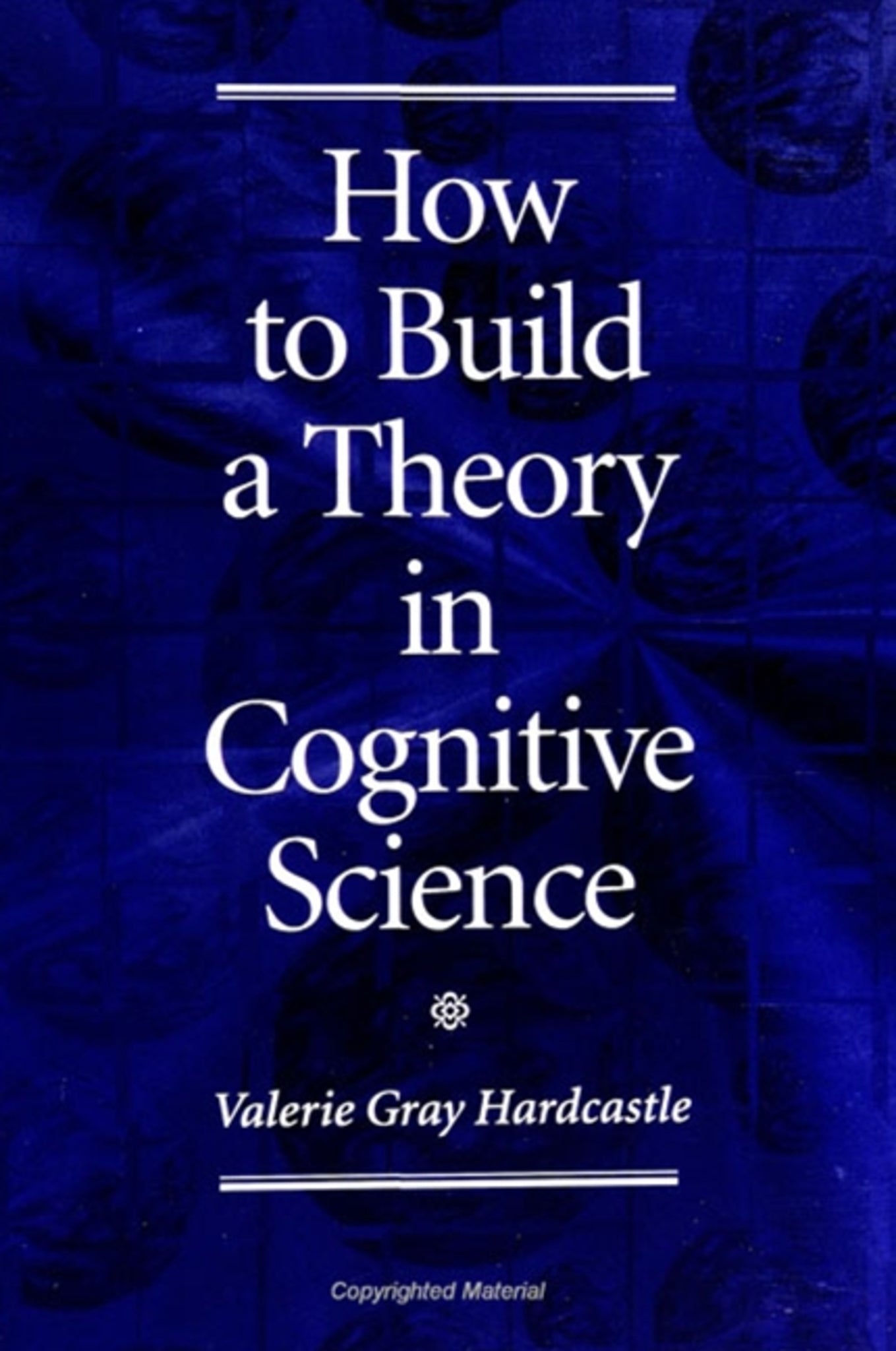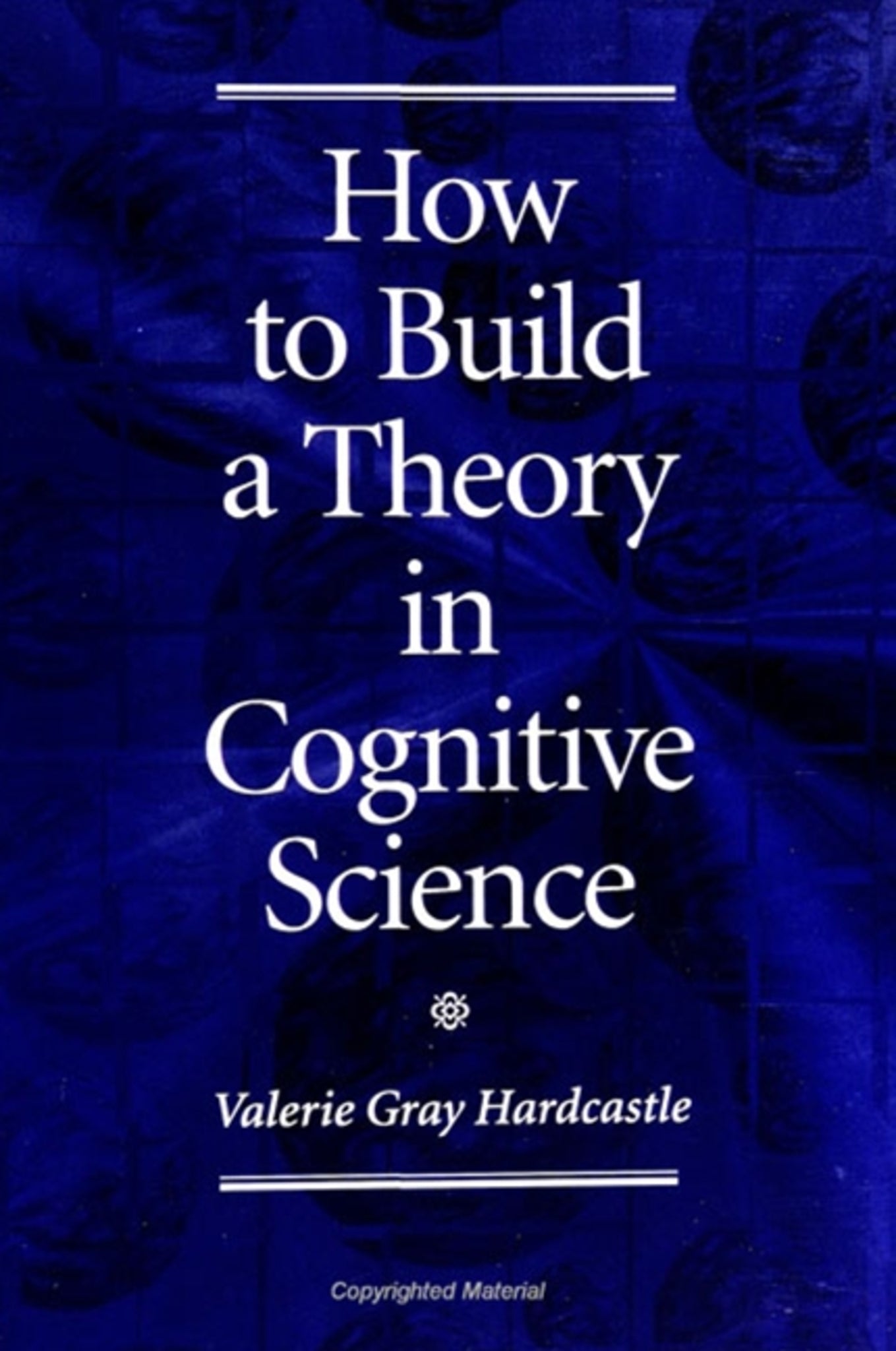We're sorry. An error has occurred
Please cancel or retry.
How to Build a Theory in Cognitive Science

Some error occured while loading the Quick View. Please close the Quick View and try reloading the page.
Couldn't load pickup availability
- Format:
-
11 April 1996

Articulates a method for integrating the individual disciplines that compose the cognitive sciences so that unified interdisciplinary theories are possible.
How to Build a Theory in Cognitive Science specifies the characteristics of fruitful interdisciplinary theories in cognitive science and shows how they differ from the successful theories in the individual disciplines composing the cognitive sciences. It articulates a method for integrating the various disciplines successfully so that unified, truly interdisciplinary theories are possible.
This book makes three contributions of utmost importance. First, it provides a long overdue, systematic examination of the field of cognitive science itself. Second, it provides a template for linking domains without loss of autonomy. This philosophical treatment of integration serves as a blueprint for future endeavors. Third, the book provides a solid theoretical foundation that will prevent future missteps and enhance collaboration.


Acknowledgments
1. Cognitive Science Is Not Cognitive Psychology
2. The Dilemma of Mental Causality
Mental States as Higher Level Properties
Privileged Regularities and Ceteris Paribus Clauses
Screening off Causes
Ignoring the Realism/Antirealism Debate
3. Hierarchies in the Brain
The Neuron
The Methodological Individualism/Anti-Individualism Debate
Hierarchies in Neuroscience
"Privileged" Causality in Neuroscience
Explanation in Cognitive Science
4. Computationalism and Functional Analysis: A Pragmatic Approach
Formal Accounts of Computationalism
Computational Satisfaction and True Computation
Functionalism and Functional Analysis
Philosophical Functionalism
An Example
The Function/Structure Distinction
5. Reductionism in the Cognitive Sciences
Reductionism in Philosophy of Mind
Arguments against Reductionism
Cognitive Theories of Emotion: A Test Case
Explanatory Extension
6. The Dual Memory Hypothesis and the Structure of Interdisciplinary Theories
Developmental Studies for a Dual Processing System
The Distinction between Implicit and Explicit Memory
Neural Evidence for the Dual Memory Hypothesis
The Theoretical Framework
"Two-Part" Interdisciplinary Theories
Putting It All Together
7. Interdisciplinary Theories and Bridge Sciences: The Case of Event Related Potentials
The Challenge
ERPs
The Timing of Priming
Bridge Sciences
Appendix: Cognitive Science and the Semantic View
Notes
References
Index



